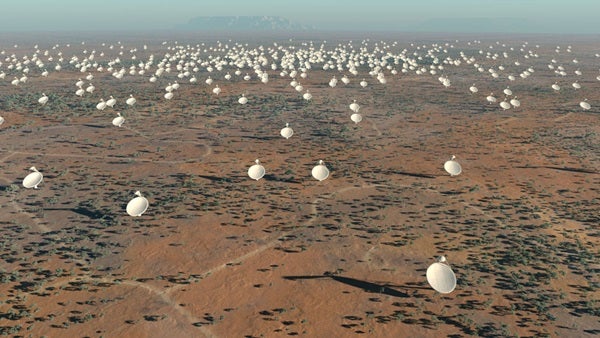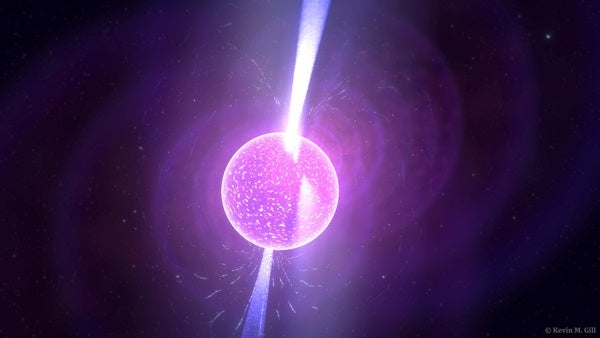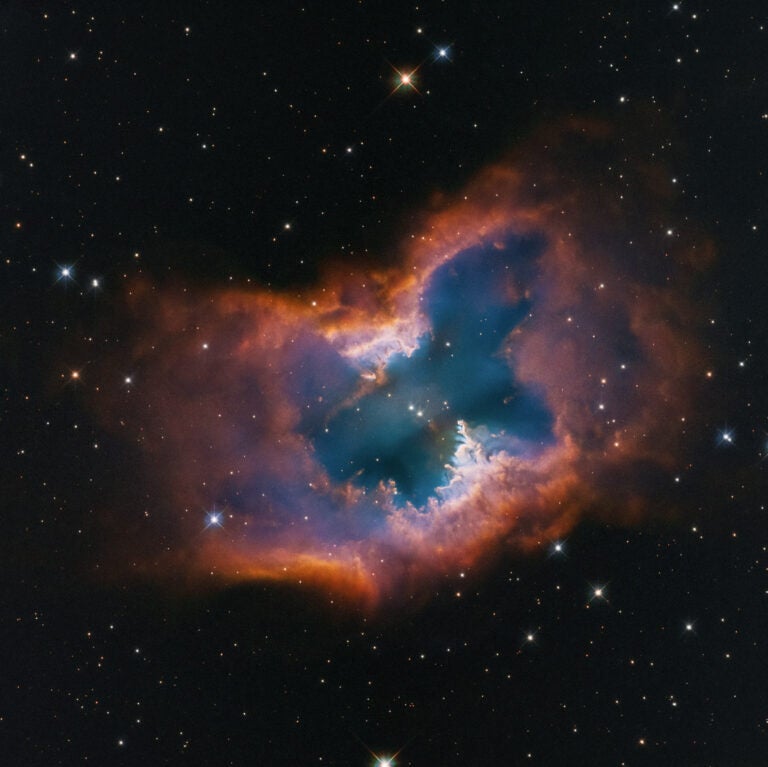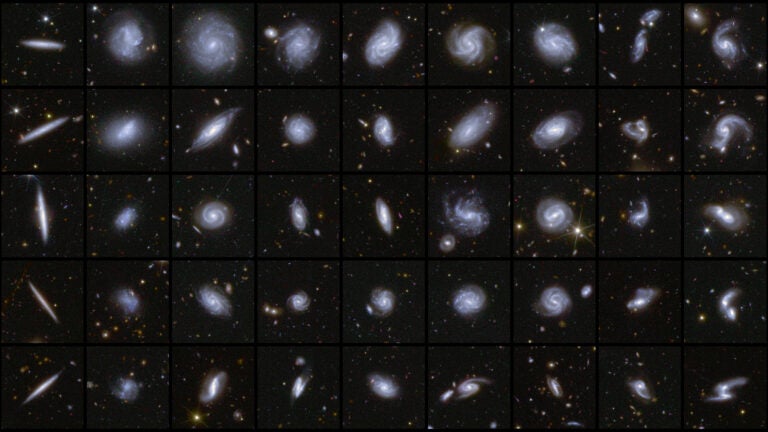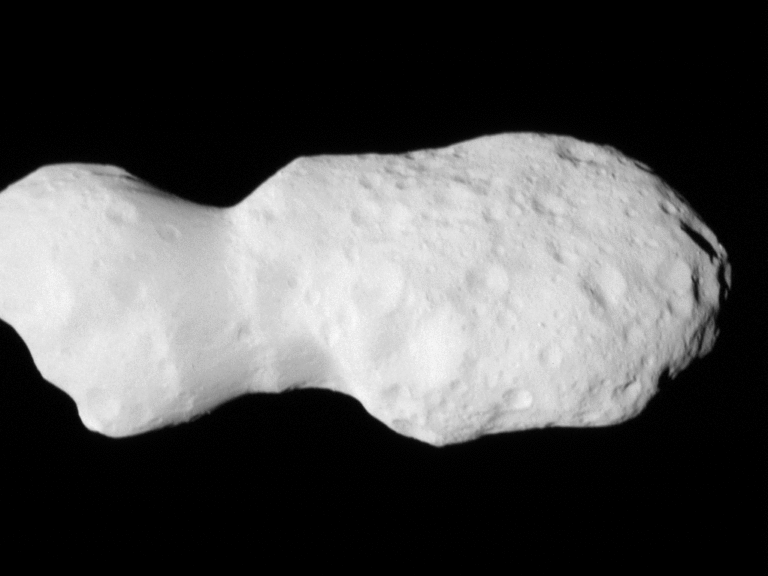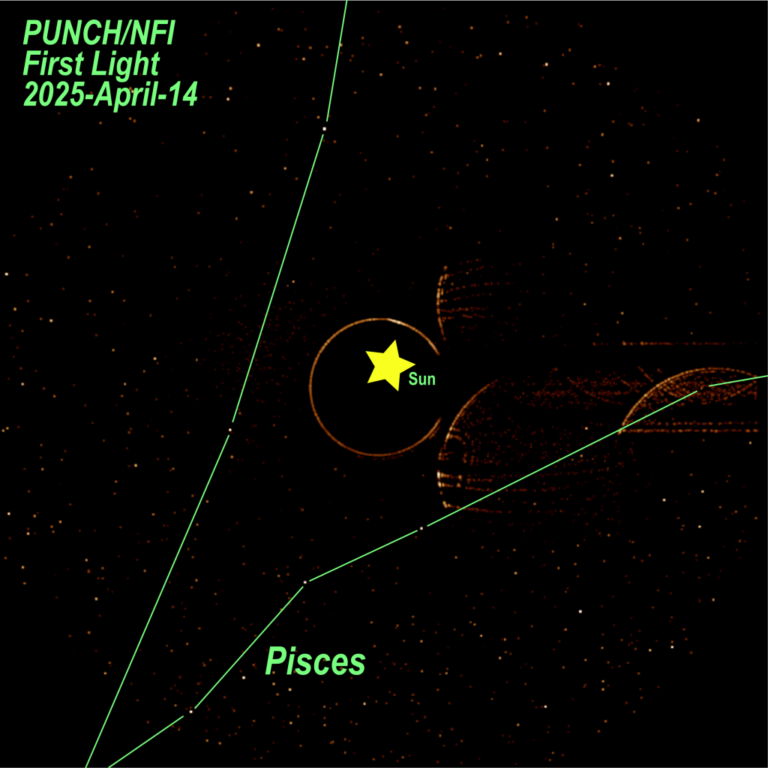After a detailed evaluation process to find the best possible site for this exciting proposed facility, the members of the SKA Organization agreed on a dual-site solution for the Square Kilometer Array telescope, a crucial step toward building the world’s largest and most sensitive radio telescope.
The Australian Square Kilometer Array Pathfinder (ASKAP) and MeerKAT precursor dishes will be incorporated into phase I of the SKA, which will deliver more science and maximize on investments already made by both Australia and South Africa.
The majority of SKA dishes in phase I will be built in South Africa, combined with MeerKAT. Further SKA dishes will be added to the ASKAP array in Australia. All the dishes and the mid-frequency aperture arrays for phase II of the SKA will be built in Southern Africa while the low frequency aperture array antennas for phases I and II will be built in Australia.
“This agreement marks an important phase in the development of the Square Kilometer Array,” said Minister for Universities and Science David Willetts. “The decision for a dual site maximizes use of the investments already made in both locations. It also ensures that all the great experience already gained can be put to best use designing and delivering the next phase of the project in which United Kingdom (UK) scientists will play a key role.”
“I’m grateful to the SKA members, especially South Africa and the Australia-New Zealand consortium, for their willingness to engage in such constructive discussions, united by a common purpose, delivering inspirational science from the SKA.”
“This is great news for the UK,” said Paul Alexander from Cambridge University in the UK. “SKA will help us to answer questions about how the first stars and galaxies formed after the Big Bang and how they have evolved, as well as the role of magnetism in the cosmos, the nature of gravity, and possibly even whether there is life elsewhere in the universe. The prospect of UK scientists like myself taking a leading role in the discovery of such important new science is really exciting.”
“The SKA will be one of the top global science projects of the 21st century,” said Richard Schilizzi from the University of Manchester in the UK. “The findings of this project will benefit many other areas such as information and communication technologies, wireless communication, sensor technology, and renewable energy.”
The Science and Technology Facilities Council (STFC) is providing funding for the UK’s involvement in the project’s detailed design phase, enabling Universities of Cambridge, Oxford, and Manchester and industry to participate in the international work collaborations needed to progress SKA to construction readiness. STFC also provides funding to support operation of the SKA Project Office based at Jodrell Bank Observatory near Manchester.
“This hugely important step for the project allows us to progress the design and prepare for the construction phase of the telescope,” said Michiel van Haarlem, interim director general of the SKA Organization.
“This decision was reached after very careful consideration of information gathered from extensive investigations at both candidate sites in South Africa and Australia-New Zealand,” said John Womersley from STFC.
Factors taken into account during the site selection process included levels of radio frequency interference, the long-term sustainability of a radio quiet zone, the physical characteristics of the site, long-distance data network connectivity, the operating and infrastructure costs, as well as the political and working environment.
The agreement was reached by the members of the SKA Organization who did not bid to host the SKA (the United Kingdom, Canada, China, Italy, and the Netherlands). The office of the SKA Organization will now lead a detailed definition period to clarify details of the implementation.
Scientists and engineers from the UK and around the world, together with industry partners, are participating in the SKA project, which is driving technology development in antennas, data transport, software and computing, and power. The influence of the SKA project extends beyond radio astronomy. The design, construction, and operation of the SKA have the potential to impact skills development, employment, and economic growth in science, engineering, and associated industries, not only in the host countries, but in all partner countries.

